Rohingya repatriation is the ultimate solution, delay could potentially destabilise entire region
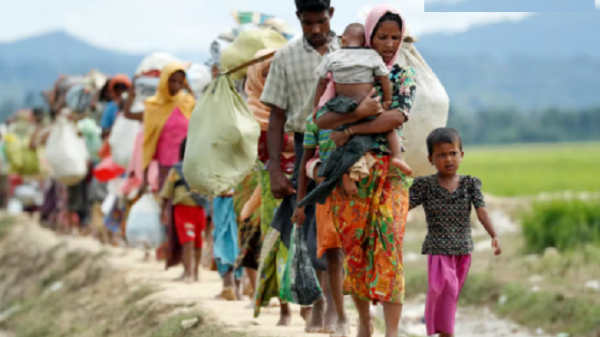
Shawdesh desk:
As the Rohingya response in Bangladesh is well advanced in its fifth year, Dhaka has urged the international community to do everything possible to arrange early, voluntary and sustainable repatriation of the forcible displaced Myanmar nationals.
“Whatever is the arrangement in Cox’s Bazar or in Bhasan char, these are not permanent in nature – as repatriation is the ultimate solution. We urge the international community to do everything possible to arrange early, voluntary and sustainable repatriation of the FDMNs,” said State Minister for Foreign Affairs Md. Shahriar Alam.
He said the Rohingya themselves are keen to return to their homelands and resolving this humanitarian crisis is a collective responsibility as its implication goes beyond borders. “Delaying this crucial problem jeopardizes our collective security.”
The growing frustration over the lack of progress in repatriation entices many to get involved in criminal activities, and they are easy prey to extremist ideologies and this could potentially destabilize the entire region, the State Minister said while delivering the 2022 Joint Response Plan (JRP) for the Rohingya Humanitarian Crisis launched on Tuesday (Mar 29) in Geneva.
“We are already in 5thyear and we have already become overburdened and over-stretched handling this issue,” he said adding “We did our part by providing temporary shelter to the Rohingya, sharing our food, and ensuring their basic humanitarian needs as a first responder – even before the international community stepped in.”
The State Minister for Foreign Affairs said the government of Bangladesh spent over USD 350 million from its own budget to develop Bhasan Char with better infrastructure and amenities to relocate, on a voluntary basis, hundreds of thousands of the Rohingya community from the over-congested and disaster-prone camps in Cox’s Bazar.
As of now, we have relocated over 26,000 Rohingya to Bhasan Char in 12 (twelve) phases ensuring transparency and voluntariness.
He said that he come to know that under this JRP-2022, the requirement has been set at USD 881 million while the requirement for 2021 was USD 943 million. “I thank the donors for their persistent contribution and contributing USD 674.5 million (71.5%) under JRP 2021 to meet up the humanitarian needs of the Rohingya community and for mitigating the sufferings of the host community.”
He noted that a dedicated chapter has been incorporated in the JRP-2022 on Bhasan Char with a requirement of USD 100 million for the 100,000 thousand Rohingya –as aimed by the Government to be relocated to Bhasan Char. Required funding for Bhasan Char would immensely contribute in scaling up the UN operations there.
Flagging four key priorities for Bangladesh, Shahriar Alam said the JRP would be undertaken in line with the principled position of the Government, particularly regarding maintaining temporariness of their stay in Bangladesh – as return of the Rohingya to Myanmar is the ultimate solution.
Undertaking in relation to informal education in the authorized learning centers and skill development activities should be implemented in ways that will help them to integrate in their society upon their return to Myanmar.
The international community must not forget the environmental and ecological aspects in and around the camp areas. “No project under the JRP should further deteriorate the landscape and ecosystem. Rather projects should be designed in such a way that would contribute to restore and improve the situation.”
Fourthly and most importantly, he said whatever is the arrangement in Cox’s Bazar or in Bhasan char, these are not permanent in nature – as repatriation is the ultimate solution.
The State Minister for Foreign Affairs said Myanmar authorities are yet to demonstrate genuine political will to resolve the crisis. The displaced people are not expected to opt for return on their own volition unless a conducive environment in Rakhine is created and confidence building among the Rohingya is done in the camps.
In such a context, he called upon our international friends and development partners to leave no stone unturned to create political will of the Myanmar regime and invest in creating a conducive environment in Rakhine and increase their presence in Rakhine.
“The international community must not shy away from their responsibility to resolve the crisis and relieve Bangladesh from the burden. On our part, we remain ready to extend all kinds of support to any initiative towards the permanent solution to the crisis,” Shahriar Alam added.


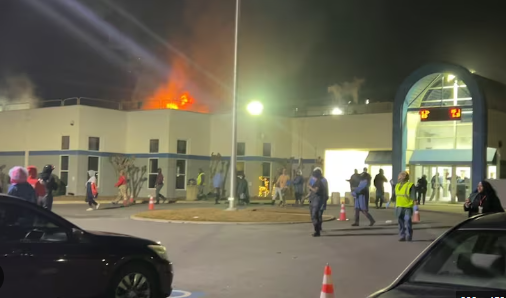
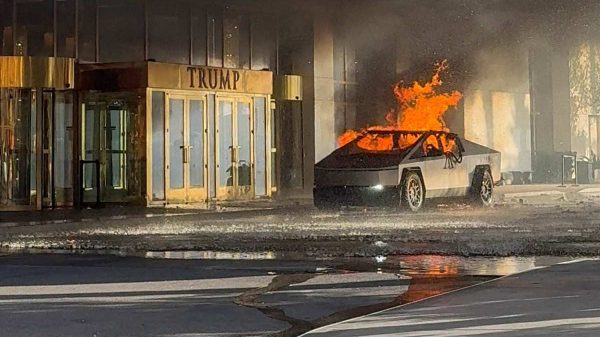
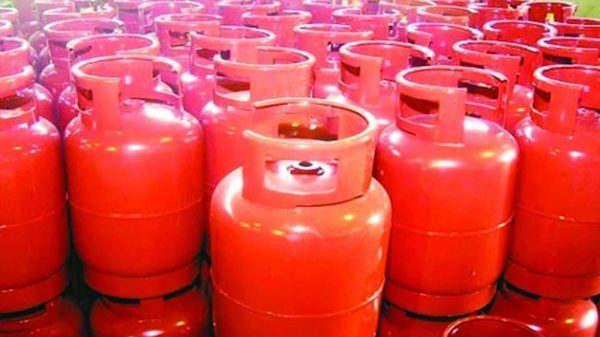
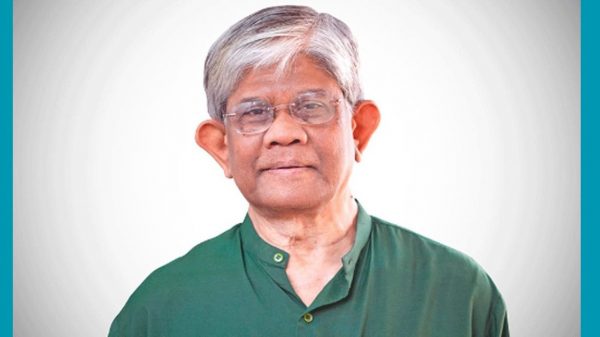
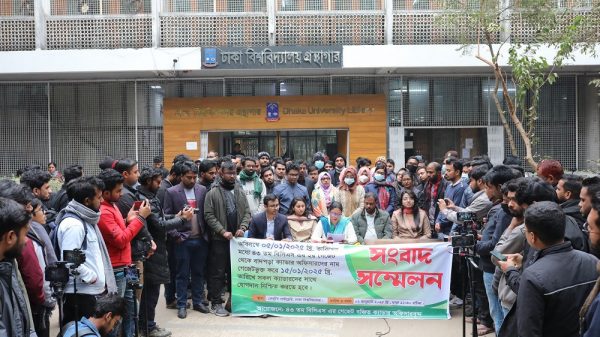


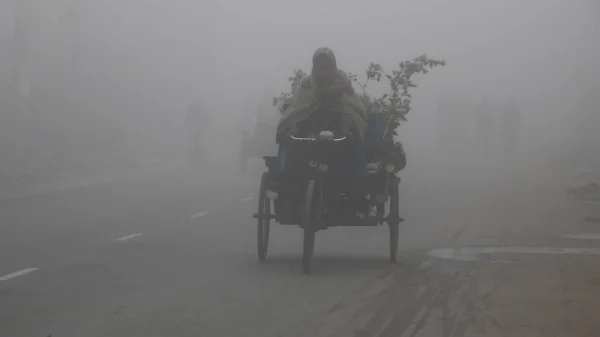













Leave a Reply